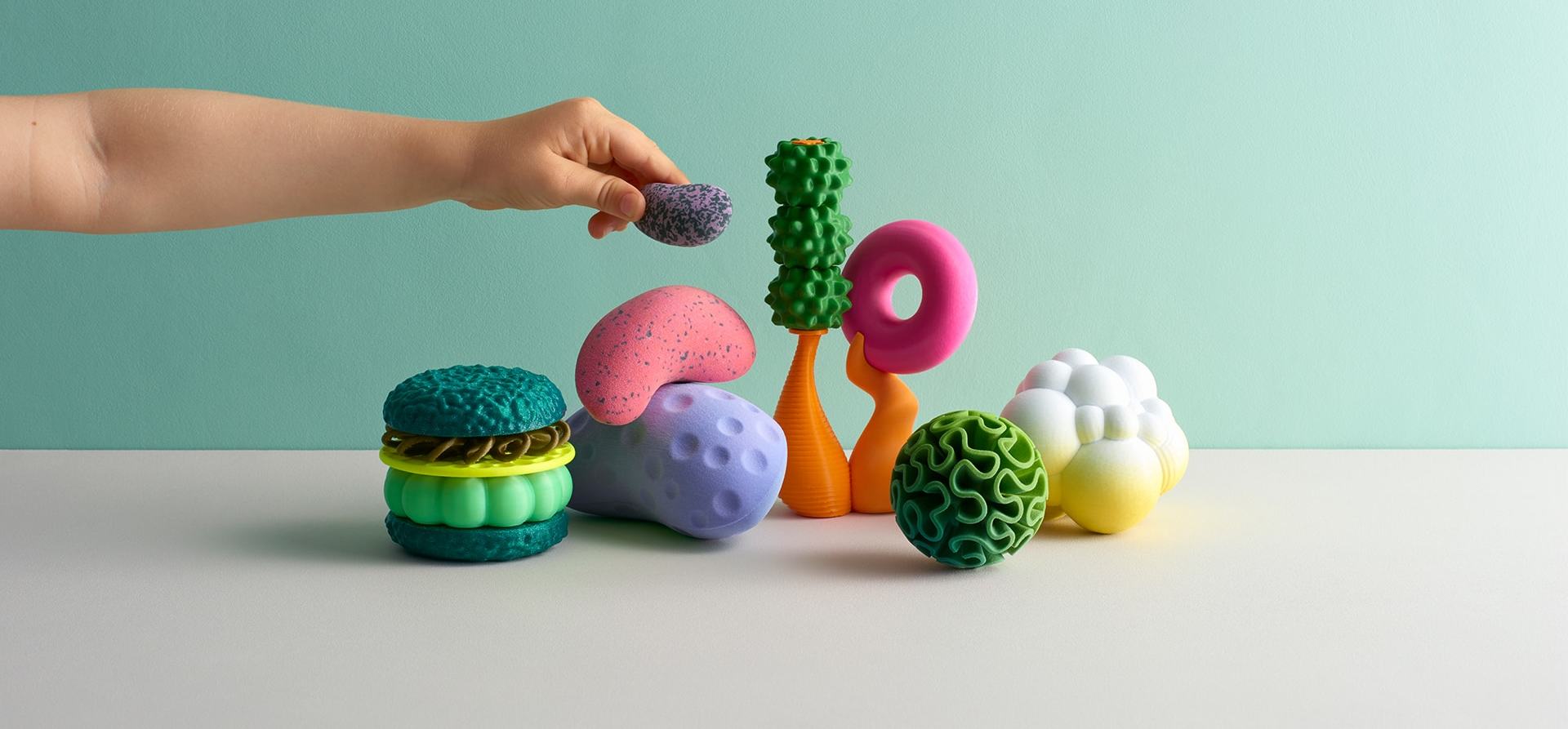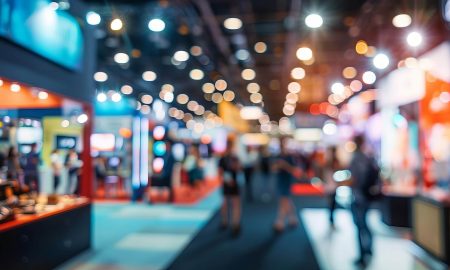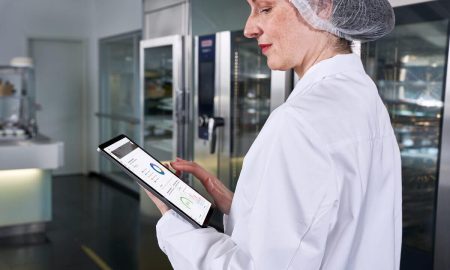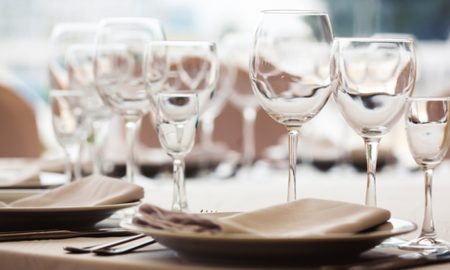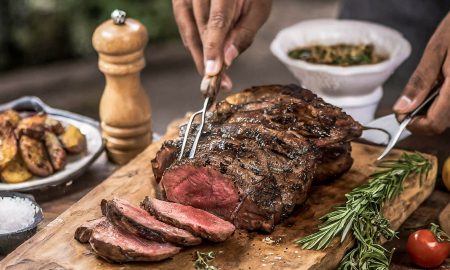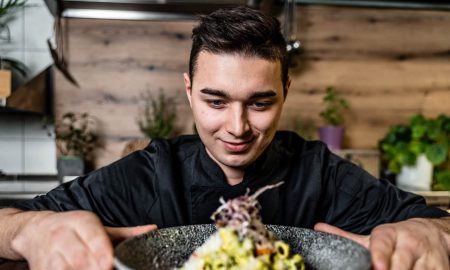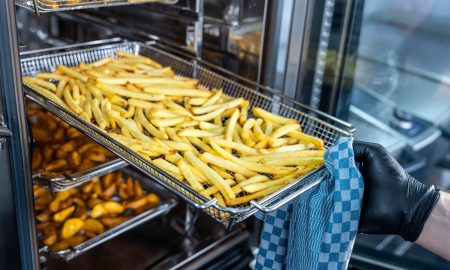For parents, it is usually hard enough to get children excited about eating spinach and Brussels sprouts at lunchtime. But what will it be like if algae or insects someday find their way onto our plates? This is all just a question of familiarity and custom. After all, in other parts of the world both have long been regarded as a delicacy. But here, again, the potential of such sustainable alternatives is slowly becoming apparent. The challenge now is to create new habits and create awareness not only among adults, but especially among young people, towards establishing a more sustainable approach to our food.
“After all, they are the ones who will ultimately be affected by climate change,” says the team behind the project. We need to learn how to handle the environment! For example, the UN has set the target to halve global food waste by 2030. However, doing this already begins on a very small scale. First of all, our behavior and attitude must change, preferably right from the start. This can also mean becoming accustomed to a completely new type of food, even if it may initially take some getting used to.
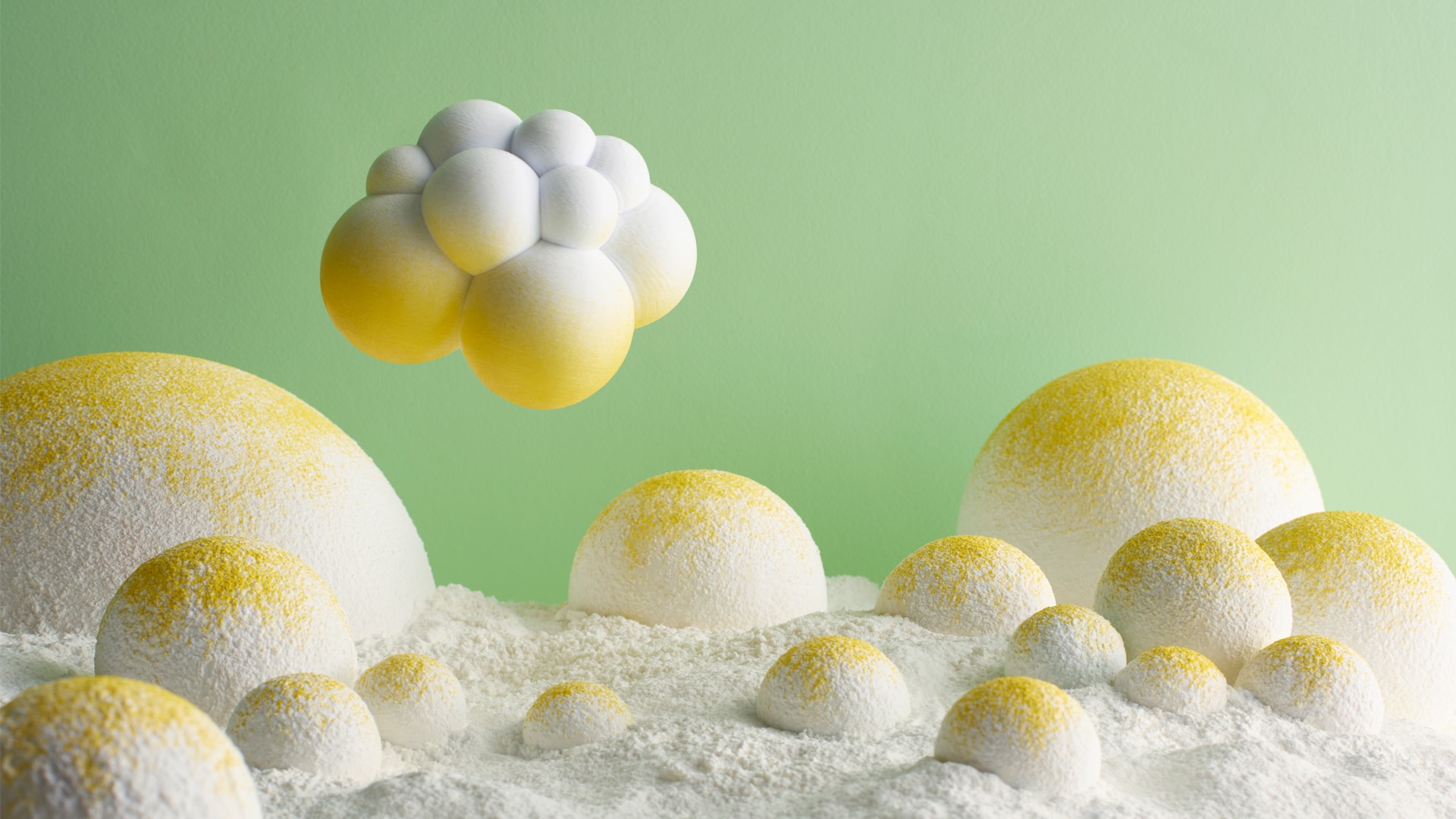
Power Powder / Image: WIN WIN Sustainability Award
Hungry for the future
The theme of this year’s award was Sustainable Food. This is a rather complex topic, but it’s an equally important one. Gastronomy is currently being turned upside down by issues such as the environment, health and sustainability. Meatless burgers, grilled insects or cooking “root to stem” have become true trends on menus, and sustainable commitment is becoming a competitive aspect for restaurants. But how do you make the problems of food waste, environmentally harmful food production and gentler alternatives exciting, in such a way that even the youngest among us can be reached? Play and imagination are a way to approach the topic in a playful and yet informative fashion, says Lovisa Ralpher, Project Manager of the WIN WIN Award. Our attitude and response to the question “What is edible and what is not?” is definitely challenged.
No matter what the individual toys are supposed to represent, they look appetizing. The futuristic dishes are purple, pink, orange and green (preferably printed naturally with recyclable plastic such as PLA). Each toy represents a different sustainable food, inspired by natural and traditional foods. On the menu there are, for example, various types of wild beans, a ball of algae, an insect-covered burger, powdered food and even food waste. All of this is still outside the culinary comfort zone for most children and adults today, but could become an integral part of our kitchens in the future. The simple and colorful design intends to reduce the “yuck factor” and at the same time increase our tolerance limit. Algae are not only green and slimy, they are also full of vitamins and minerals. Yes, beetles have six legs, but they are a great alternative to CO2-intensive burger patties.
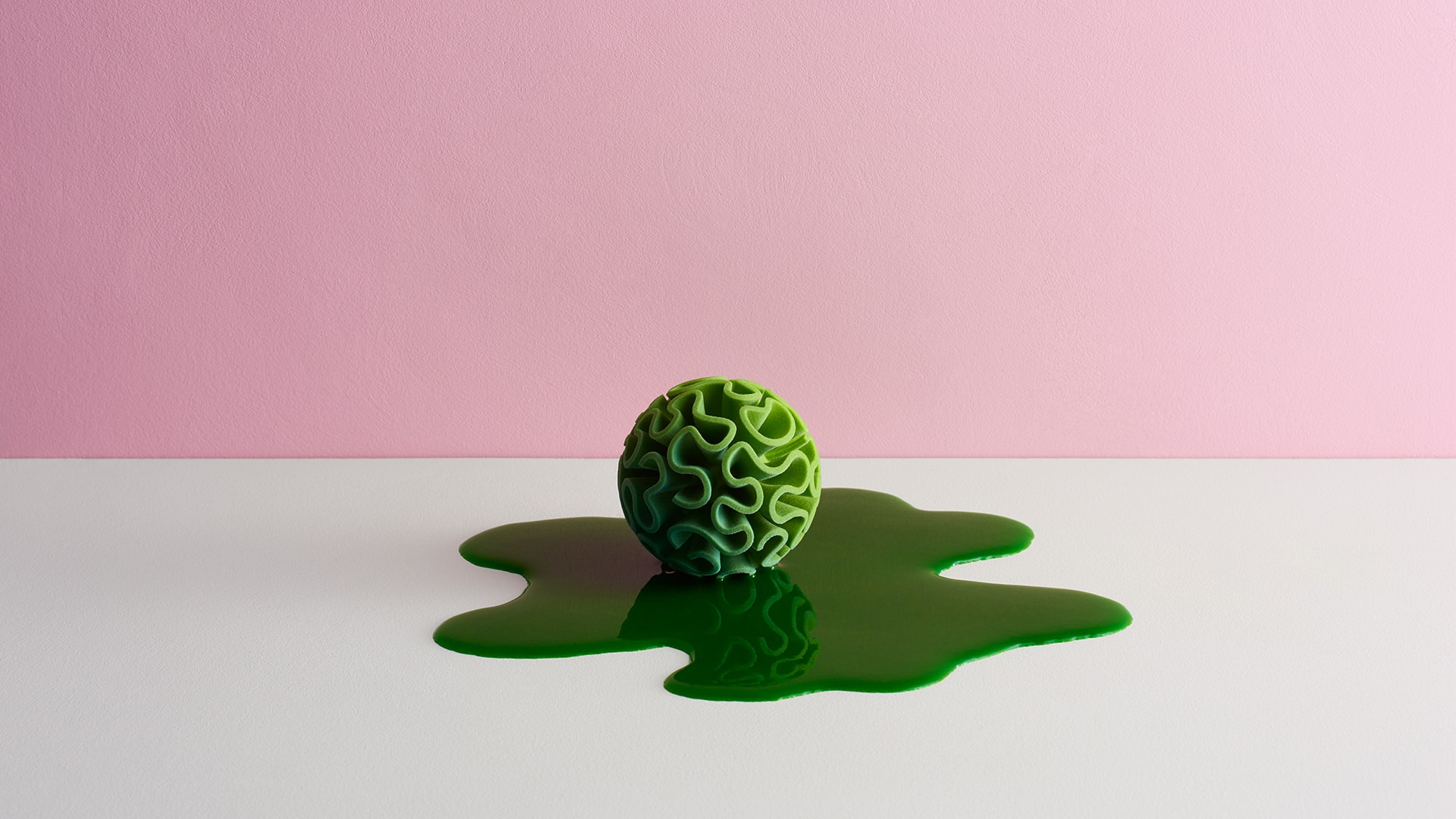
Algae Ball / Image: WIN WIN Sustainability Award
Sustainable awareness in its infancy
Important foundations can be established in childhood. Therefore, from an early age, it is important to start explaining interrelationships to children that can have an influence on their later behavior and, in particular, shape their understanding of sustainability. Just learning to distinguish between “happy” and “unhappy” chickens or cows is an important step towards a more conscious society that doesn’t take food in the fridge for granted and is aware of its origin. “The food industry itself has the responsibility to motivate people to do this,” the WIN WIN team is convinced.
Besides future hobby chefs, who sometimes serve their dolls dishes made of air and imagination, future professional chefs and decision-makers of the food industry, who will assume a certain responsibility towards our environment, will also emerge from the ABC generation. The sooner this topic is addressed, the better! The creators of this unusual toy hope to be able to make a small contribution in this way. Perhaps a child’s curiosity will soon prevail over our traditional eating habits. Then all that remains is to win over their parents to these crawling and algae-green treats.
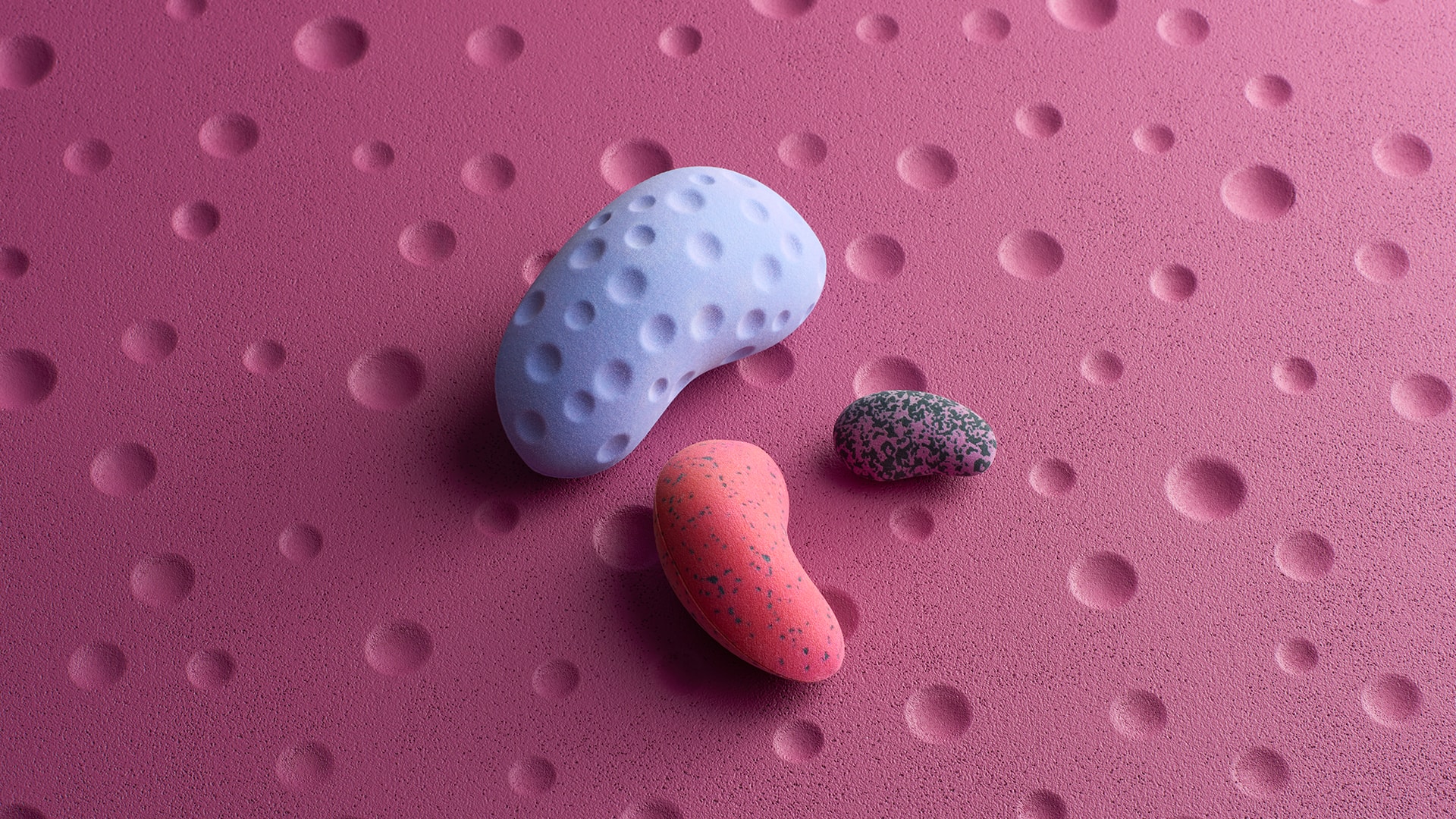
The Mighty Bean / Image: WIN WIN Sustainability Award


